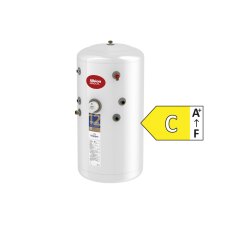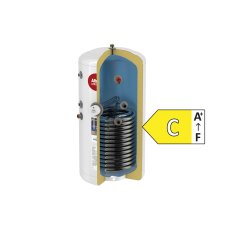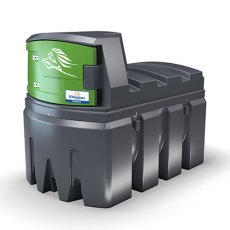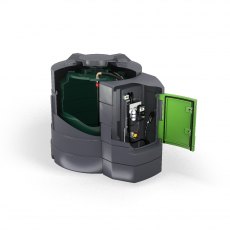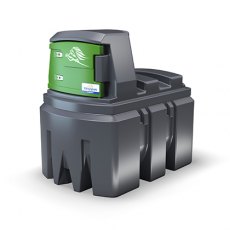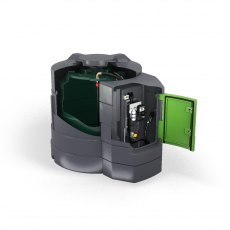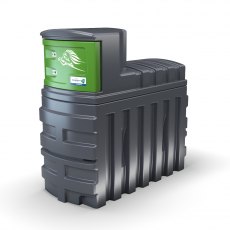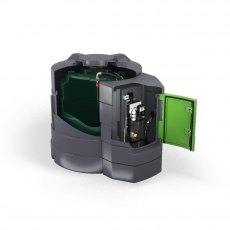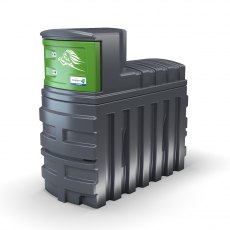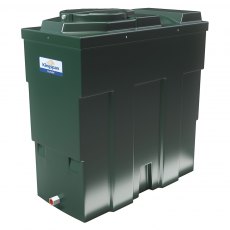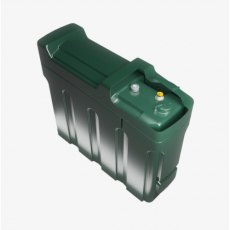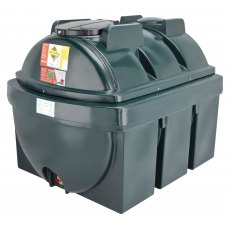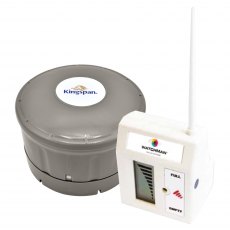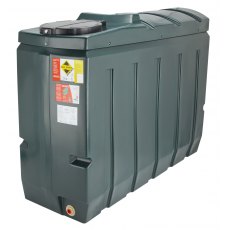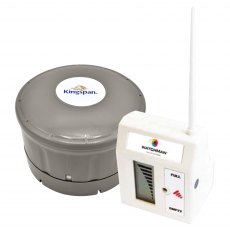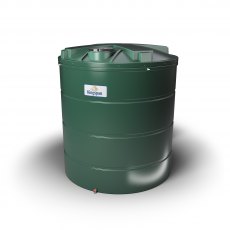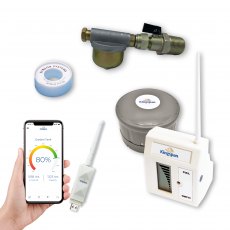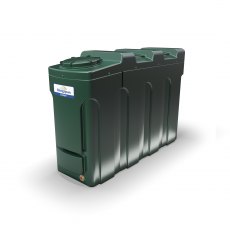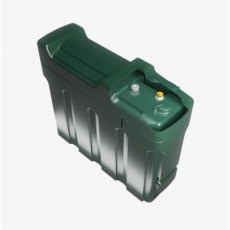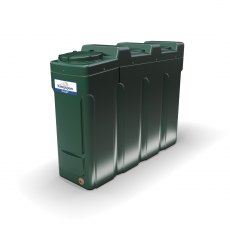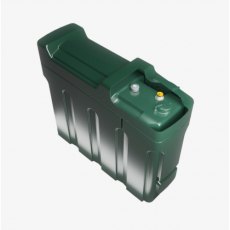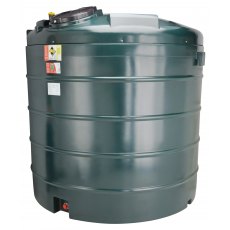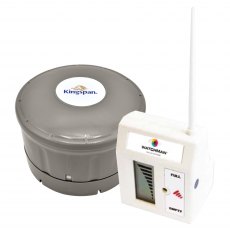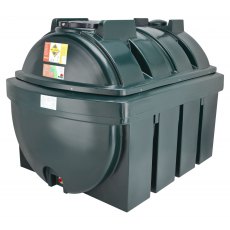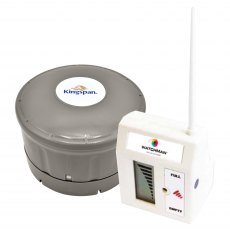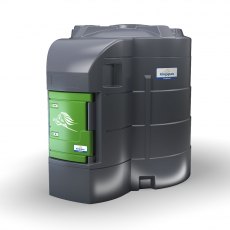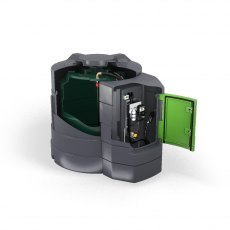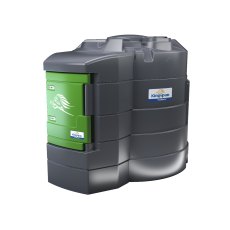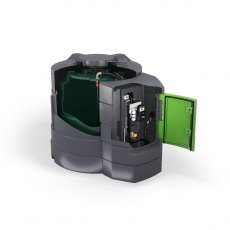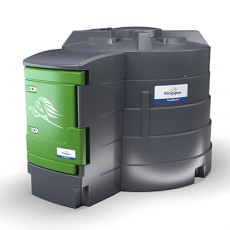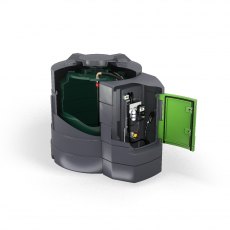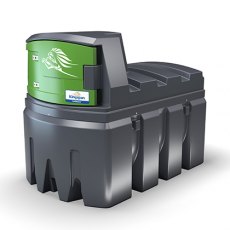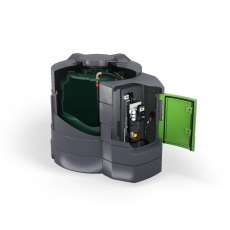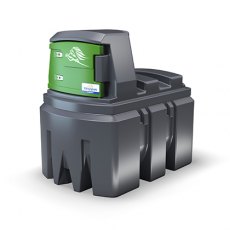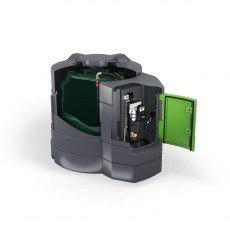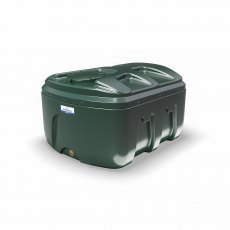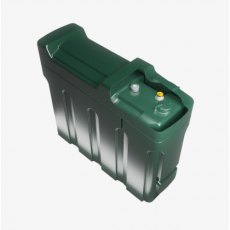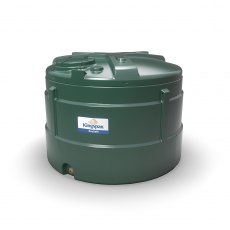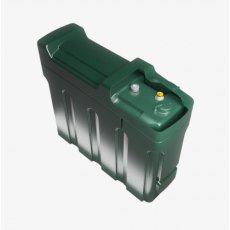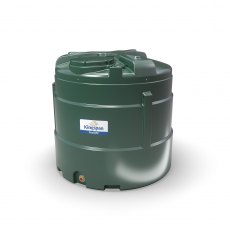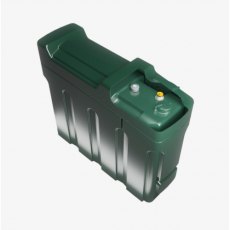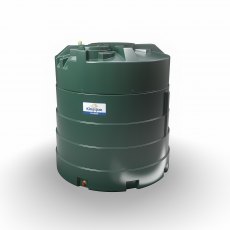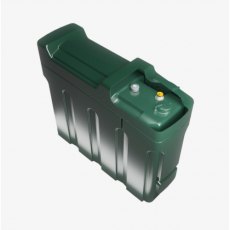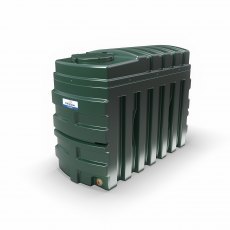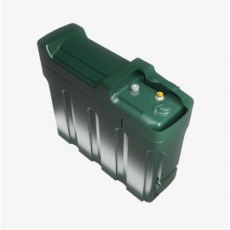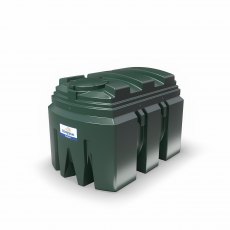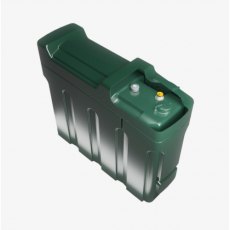Renewable Energy FAQs
What is renewable energy?
Renewable energy is energy derived from natural sources that are replenished at a higher rate than they are consumed. Sunlight and wind, for example, are such sources that are constantly being replenished. Renewable energy sources are plentiful and all around us.
Can renewable energy be stored?
Renewable energy generation primarily relies on natural factors – hydroelectric power depends on seasonal river flows, solar power on sunlight availability, and wind power on wind consistency – resulting in intermittent energy production. Similarly, energy demand fluctuates as people use varying amounts of energy at different times of the day and year. Therefore, when renewable energy generation exceeds demand, it is practical to store the surplus energy for later use when demand surpasses generation.
One significant advantage of energy storage is the prevention of renewable resources being wasted. There are occasions when the electricity produced by renewable sources exceeds the immediate need. In such cases, renewable generators might need to reduce their output to maintain a balanced system, where electricity supply matches demand, resulting in lost opportunities to produce clean energy.
Energy storage solutions enable renewable energy resources to continue generating electricity even when it's not immediately needed, by storing it for future use in power banks or mobile energy grids.
What renewable energy sources are used in Ireland?
Renewable energy in Ireland comes in many forms. The primary sources are wood, water, wind, wave and some wastes. Others include tidal power, solar power (thermal and PV), biomass and biofuels. The main
What is a solar lighting system?
Outdoor solar lighting systems use solar cells or photovoltaic (PV) panels, which convert sunlight into electricity. The electricity is stored in batteries for use at night.
Do solar powered lights work in Ireland?
Perhaps the most common question we receive about solar energy in Ireland is about its effectiveness in cloudy, wet, and rainy conditions. Fortunately, modern solar panels are designed to work efficiently even on overcast days.
Solar panels perform best on sunny days due to the abundance of direct sunlight. However, they still generate power in poor weather because solar cells rely on light rather than heat. Research supported by the US has shown that excessive heat can actually reduce the efficiency of solar panels.
Today's solar technology undergoes stringent testing to ensure high performance and reliability. For solar panels to be certified for use in Ireland, they must pass rigorous reliability tests, including dump heat tests, thermal cycling, and humidity freeze, among others.
What is a solar frame?
Solar panel frames are crucial for ensuring the mechanical stability and durability of solar panels, serving several important functions:
Protection: Frames protect the internal components of solar panels from thermal and mechanical stress, which is particularly important during transport, installation, and extreme weather conditions.
Mounting Points: Frames provide attachment points for mounting, making it easier to secure solar panels to various mounting systems, whether on rooftops or ground-based installations.
Aesthetics: Solar panel frames can enhance the overall appearance of the solar installation by coordinating colors for racks, clips, and frames, creating a more cohesive and visually appealing look.
Damage Prevention: Well-designed aluminum frames help prevent issues like short circuits and insulation degradation, which can negatively impact the performance and lifespan of the solar panel.
Structural Stability: Aluminum frames offer strong support, protecting solar panels from damage due to physical impacts such as bird collisions and harsh weather elements.
Withstanding Adverse Conditions: Aluminum frames increase the rigidity of solar panels, allowing them to withstand harsh weather conditions like heavy snow loads and storms.
Dust Resistance: Frames help shield solar panels from moisture and debris, ensuring proper drainage and preventing damage to electrical components.
Thermal Management: Aluminum frames act as heat sinks, dissipating excess heat from solar cells to maintain optimal operating temperatures, ensuring consistent performance and a longer lifespan.
Do solar panel frames need to be earthed?
Yes, solar panels on a roof typically need to be earthed for safety reasons. Earthing provides protection against electrical faults, reduces the risk of electric shock, ensures compliance with codes, and helps with lightning protection.
Do solar panels need a frame?
Frames safeguard the solar panel's internal parts from both thermal and mechanical stress, which is especially crucial during transport, setup, and harsh weather conditions.
What is HVO fuel?
Derived from renewable sources like vegetable oils and animal fats, hydrotreated vegetable oil fuel (or HVO) is synthesised through a process called hydrotreatment. During hydrotreatment, impurities are removed, and the molecular structure of the feedstock is modified, resulting in a cleaner-burning and more environmentally friendly fuel. With its similar composition to traditional diesel, HVO fuel can be seamlessly integrated into existing diesel engines and infrastructure.
When burned, HVO fuel emits fewer carbon dioxide, particulate matter, and other harmful pollutants compared to conventional diesel. This characteristic makes it an attractive option for combating air pollution and minimising the carbon footprint of vehicles and machinery, significantly reducing greenhouse gas emissions and air pollutants compared to traditional diesel. HVO fuel is well-suited for use in trucks, buses, construction equipment, and agricultural machinery. The compatibility with existing diesel infrastructure means you can seamlessly transition to HVO fuel without making significant modifications.
Is HVO fuel cheaper than diesel?
The pricing dynamics of HVO fuel and diesel can vary based on a multitude of factors. At times, HVO fuel might appear to have a higher upfront cost compared to conventional diesel. This can be attributed to the production process and the relatively smaller scale of HVO fuel production in comparison to the well-established diesel industry. However, it's crucial to dig deeper and consider the long-term financial perspective.
One of the financial benefits of HVO fuel lies in its potential for enhanced engine performance and maintenance. HVO's cleaner combustion can lead to reduced engine wear and deposits, ultimately extending the lifespan of your engines and potentially offsetting the initial cost difference. As demand for sustainable fuels like HVO grows, economies of scale could come into play, gradually bringing down production costs and narrowing the price gap between HVO and diesel. In some regions, tax breaks and subsidies might be offered for using renewable fuels like HVO as part of efforts to reduce emissions and promote sustainability. This can make HVO fuel more financially attractive compared to diesel, especially when factoring in the broader environmental benefits. As technologies evolve and the renewable fuel sector advances, it's reasonable to anticipate innovations that could enhance the efficiency of HVO production and distribution. These could lead to more competitive pricing over time.
How long can I store HVO fuel?
HVO fuel boasts exceptional stability and a longer storage duration, allowing you more flexibility with your fuel management. At Fuel Tank Shop, we offer a wide range of HVO fuel tanks available in various sizes and materials, specifically designed to store HVO fuel safely and efficiently. When stored under proper conditions, HVO fuel can maintain its quality for up to 10 years or more – although the storage duration can vary depending on factors like the quality of the initial fuel and the presence of any contaminants.
The prolonged shelf life of HVO fuel is due to the rigorous hydrotreatment process during production, which results in a fuel with reduced susceptibility to degradation and contamination. It is advisable to regularly inspect your stored HVO fuel and look for any signs of water accumulation or sediment settling at the bottom of the storage container, as these can compromise the fuel's quality over time. If you spot any issues, it's recommended to address them promptly by filtering or treating the fuel as necessary.
What are the benefits of using HVO fuel?
HVO BIOFUEL TANKS
Over 680,000 homes currently use heating oil in the Republic of Ireland. Hydrotreated Vegetable Oil or HVO would provide a near drop-in replacement for kerosene and offers an extremely cost-effective alternative to other low carbon heating technologies.
HVO emits significantly fewer greenhouse gases and harmful pollutants when compared to traditional diesel. This means cleaner air, a minimised carbon footprint, and a positive contribution to combatting air pollution and climate change. Its seamless compatibility with existing diesel infrastructure means you won’t need to invest in extensive engine modifications or infrastructure changes – it can be directly blended with or used in place of conventional diesel, making the transition to this cleaner fuel hassle-free. Whether you're driving a personal car, operating commercial vehicles, or using heavy machinery, the versatility of HVO ensures a smooth integration without disruptions.
HVO fuel is derived from renewable sources such as vegetable oils and animal fats. By utilising these renewable feedstocks, you're contributing to a circular economy, reducing dependence on fossil fuels, and promoting responsible resource utilisation. HVO fuel also has a positive impact on engine performance and maintenance. Thanks to its cleaner combustion, this fuel can lead to reduced engine deposits, longer maintenance intervals, and improved overall efficiency. Your engines will run smoother, requiring less frequent servicing, that will help extend their lifespan.
The Benefits of HVO fuel are:
- Up to 90% reduction in greenhouse emissions
- Renewable and sustainable
- Replacement for regular diesel & gas oil
- Excellent cold-weather performance
- Improved safety, storage and handling compared to regular diesel
- 100% Biodegradable and non-toxic
- Zero FAME, sulphur and fossil content
- Sustainably produced
- Absence of aromatics
- Higher flash point of 61 degrees Celsius
- Supported by OFTEC
- Reduces nox emissions by up to 27%
- Reduces particulate matter by up to 84%
- Less fuel maintenance
- Odourless
- Longer shelf life than diesel
Is HVO as efficient as diesel?
As HVO fuel has a higher cetane number (more than 70) than diesel (around 50) this means that HVO has better combustion than diesel making it much more efficient than diesel while being much better for the environment.
Can I use HVO fuel in my existing boiler?
Some existing heating apliances may work with HVO Fuel with some small modifcations but many of the new heating appliances can be used with both normal heating oil and HVO oil. You will need to check with the manufacturer.
The process for converting existing oil boilers includes removing fossil fuel residues, water and contaminates from the storage tank, replacing the burner with an HVO specific burner, changing nozzles, and ensuring that all fuel carrying components and seals are checked for compatibility.

 Login
Login
